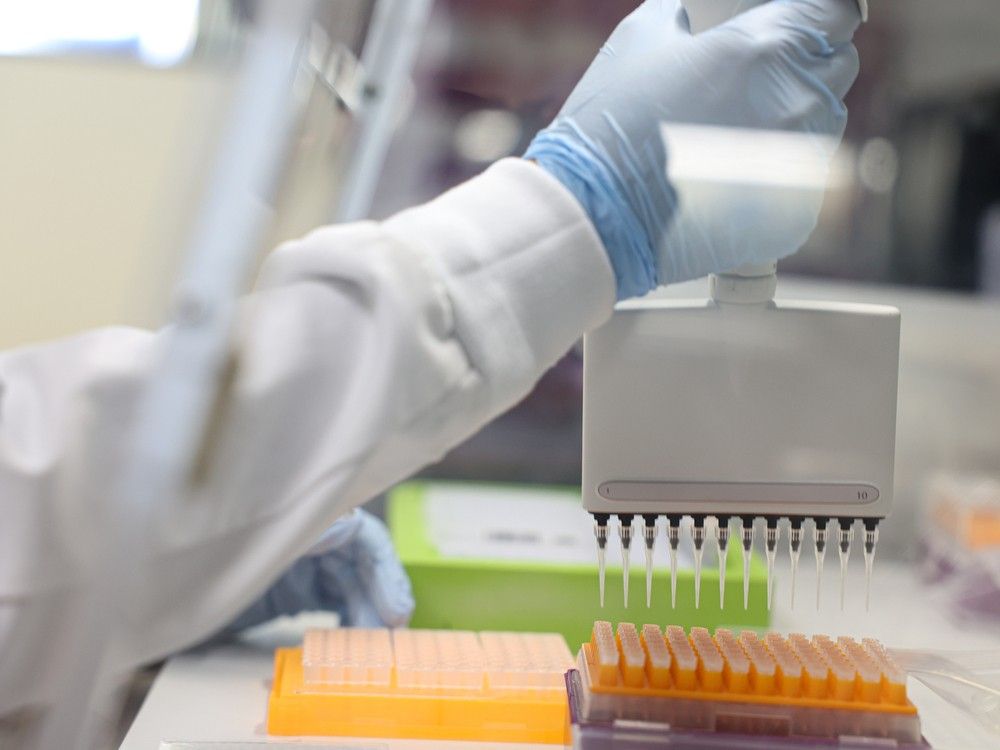
Article content
Ottawa’s wastewater surveillance program will continue after the Ontario government ends funding on July 31, a memo from Board of Health Chair Catherine Kitts says.
In a memo sent to Mayor Mark Sutcliffe and council members Wednesday, Kitts said the surveillance initiative, operated and managed under Robert Delatolla’s team at the University of Ottawa, will remain as it is while discussions about longer-term solutions continue.
Article content
The province announced earlier this year that it would stop funding for the highly regarded program as of the end of July — at a savings of around $15 million.
Provincial officials said then that the federal government was expanding its own wastewater surveillance initiative and they wanted to avoid overlap. The federal government currently has four wastewater surveillance sites in the Toronto area and has said it wants to add four or five more. Ontario’s program, one of the world’s most extensive, gathers information at more than 50 locations.
In the memo, Kitts said the city “has been assured that, although provincial funding sunsets on July 31, the University of Ottawa has secured funding to continue this program as-is for the coming months.”
Meanwhile, she said, Ottawa Public Health Medical Officer of Health Dr. Vera Etches had sent letters to federal and provincial public health officials “seeking to collaborate to ensure the uninterrupted continuation of high-quality wastewater surveillance in Ottawa.”
Ottawa Public Health has also been working with uOttawa and “numerous local and provincial partners to explore ways to ensure continuation of this program,” the memo said.
Article content
Longer-term solutions are still being explored.
Kitts noted there had been no further details from the Public Health Agency of Canada about plans to expand its program. Wastewater testing, she said, has been an important public health tool.
“Local wastewater testing for infectious diseases has proven to be a valid, near real-time and reliable method of unbiased public health surveillance and a leading indicator of community transmission, and is an important tool for local public health units, including Ottawa Public Health, and numerous local health partners,” she said.
Information from wastewater surveillance has helped keep Ottawa residents informed and allows Ottawa Public Health and health-care partners to implement early public health interventions, including additional infection prevention and control measures, RSV prophylaxis for high-risk infants at CHEO and promotion of vaccination to higher-risk populations, she said.
The end of provincial funding for the globally recognized program that tests wastewater for influenza, RSV and other diseases in addition to the virus that causes COVID-19 comes at a time when cases of COVID are spiking in Ottawa and elsewhere in Ontario as a new, highly contagious variant spreads.
Share this article in your social network